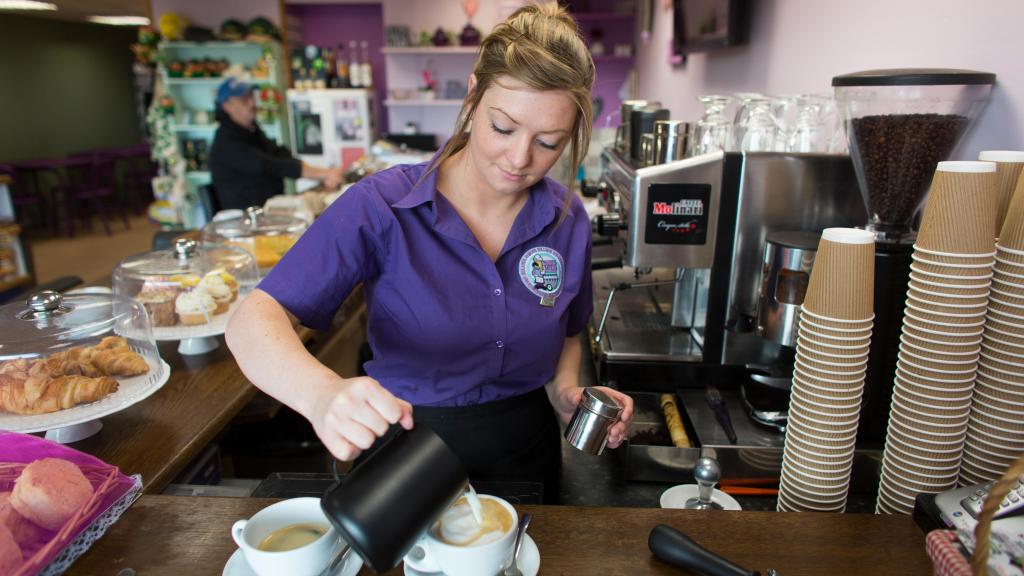Private Sector Confronts Challenges Amid Rising Wage Costs and Trade Uncertainties
The current state of Britain’s private sector has hit its lowest point in almost three years, as businesses grapple with escalating wage expenses and uncertainties in global trade.
According to the latest “growth indicator” from the CBI, a weighted balance of minus 30 percent of private sector companies forecast a decrease in activity over the next three months through August. This figure represents the weakest prediction since September 2022, reflecting a retreat from the minus 26 percent recorded for the preceding three months.
Alpesh Paleja, the deputy chief economist at the CBI, remarked, “There is little indication of summer optimism in our surveys; private sector activity is expected to stay subdued in the upcoming quarter.”
Paleja added, “Our surveys have shown weaker momentum than official statistics noted at the beginning of the year, and this stagnation appears to have persisted since then.”
The prevailing negative outlook encompasses all major sectors of the economy. Anticipations indicate a drop in business volumes within services, with a survey indicating minus 32 percent, marking the lowest expectations since November 2022.
Predictions for declines include both business and professional services, which project minus 29 percent, as well as consumer services, expecting minus 43 percent. Additionally, distribution sales are set to reduce (minus 39 percent, the weakest forecast since September 2022), while manufacturing output is also expected to see a downturn (minus 14 percent).
Paleja highlighted a mix of domestic issues and international challenges contributing to the current lack of confidence. He stated, “Businesses cite several headwinds: the persistent effects of increased employer national insurance contributions (NICs) and the hike in the national living wage affecting their finances and operations, combined with further uncertainty from developments in global trade and a general atmosphere of weak domestic demand.”
This downturn follows recent wage policy adjustments by Chancellor Rachel Reeves in the spring budget, which included a rise in the employer NICs rate from 13.8 percent to 15 percent and a reduction in the threshold at which these rates take effect. The increase in the national living wage has also added pressure on sectors reliant on labor.
Simultaneously, UK companies are facing increased trade tensions internationally, particularly with new tariffs introduced by President Trump. Many firms are expressing heightened concern regarding potential trade barriers, especially those within manufacturing and distribution.
A different survey released on Monday by the hospitality sector revealed that many pubs, bars, restaurants, and hotels are operating at a loss and face risks of closure due to recent tax increases imposed by the government.
According to several trade organizations, 31 percent of hospitality enterprises were unable to turn a profit after incurring an additional £3.4 billion in costs since April. This 11-percentage-point increase marks the most significant quarterly rise reported by the industry in recent years.
The CBI has called on government officials to intervene promptly to restore trust among businesses. Paleja stated, “In light of this climate of uncertainty, private sector businesses are looking for the government to take decisive steps to rejuvenate business confidence and stimulate growth.”
He proposed a variety of measures, including reforming the business rates system, offering flexibility regarding the apprenticeship levy, enhancing incentives for occupational health, and increasing support for innovation.
The CBI’s growth indicator is derived from surveys of 650 businesses across the manufacturing, retail, and services sectors, with the latest data collected from April 25 to May 14.




Post Comment